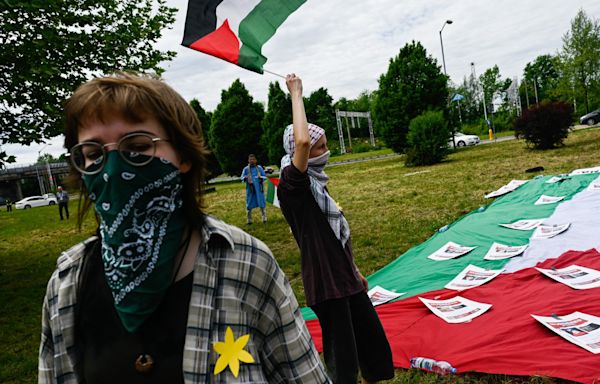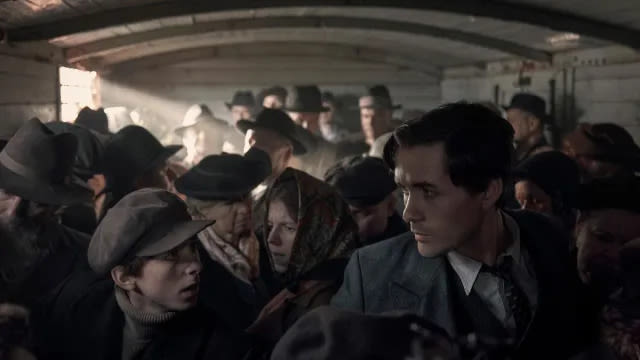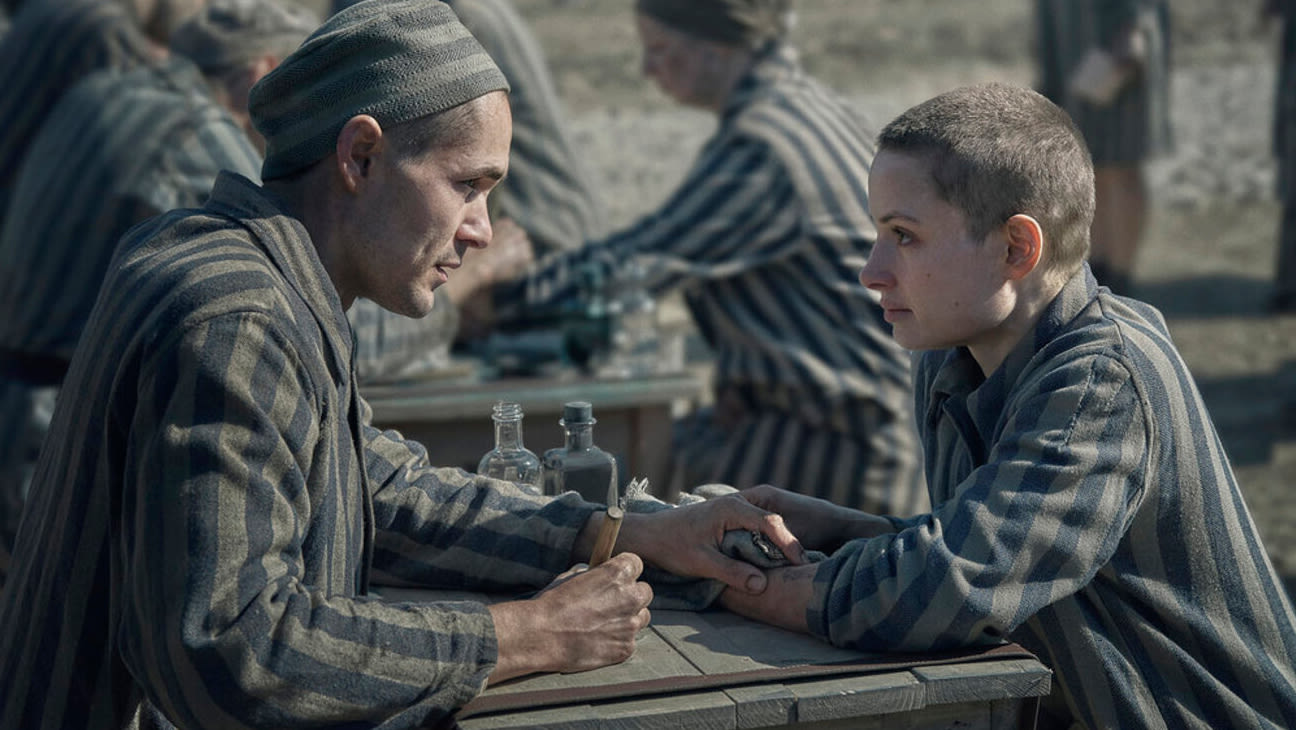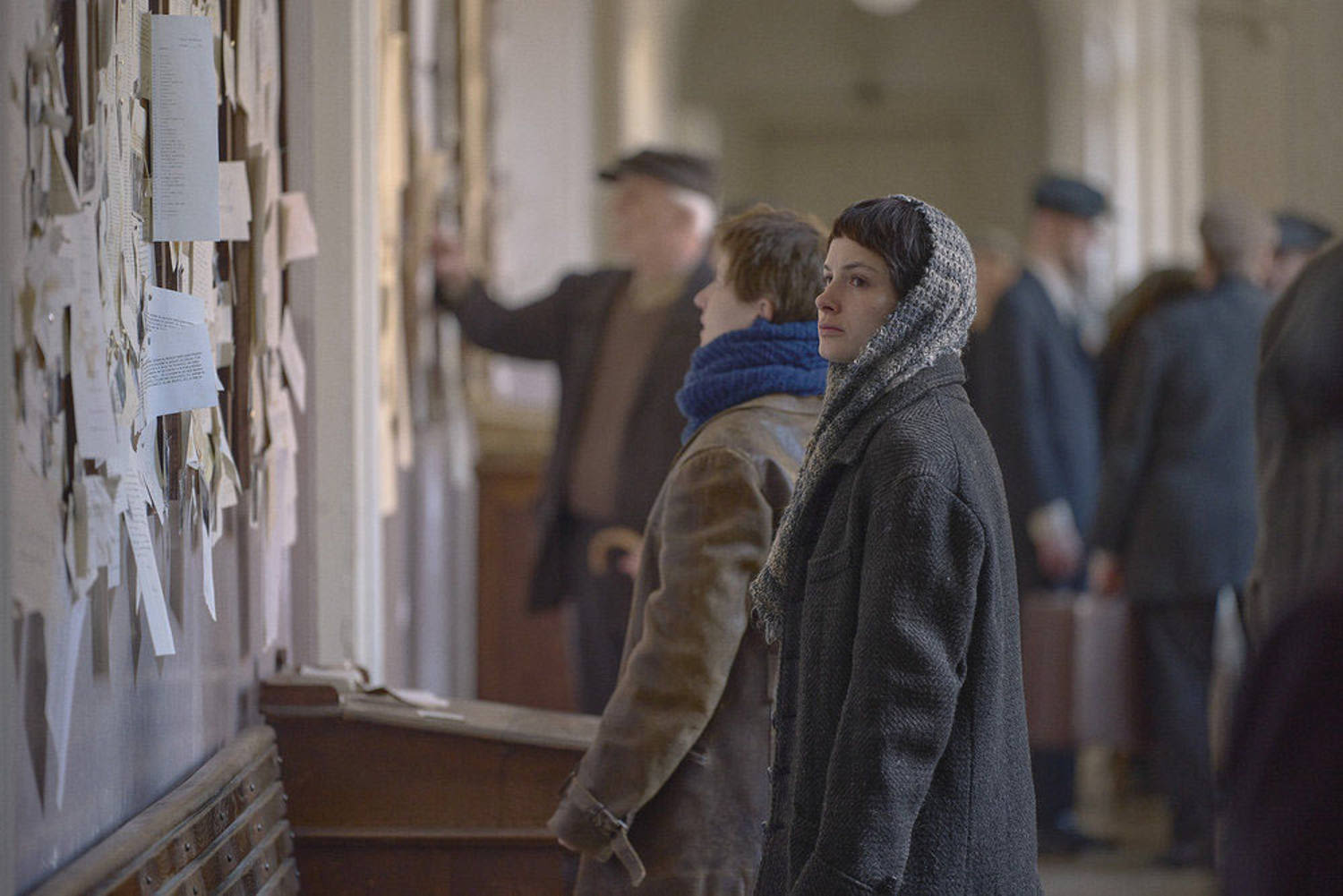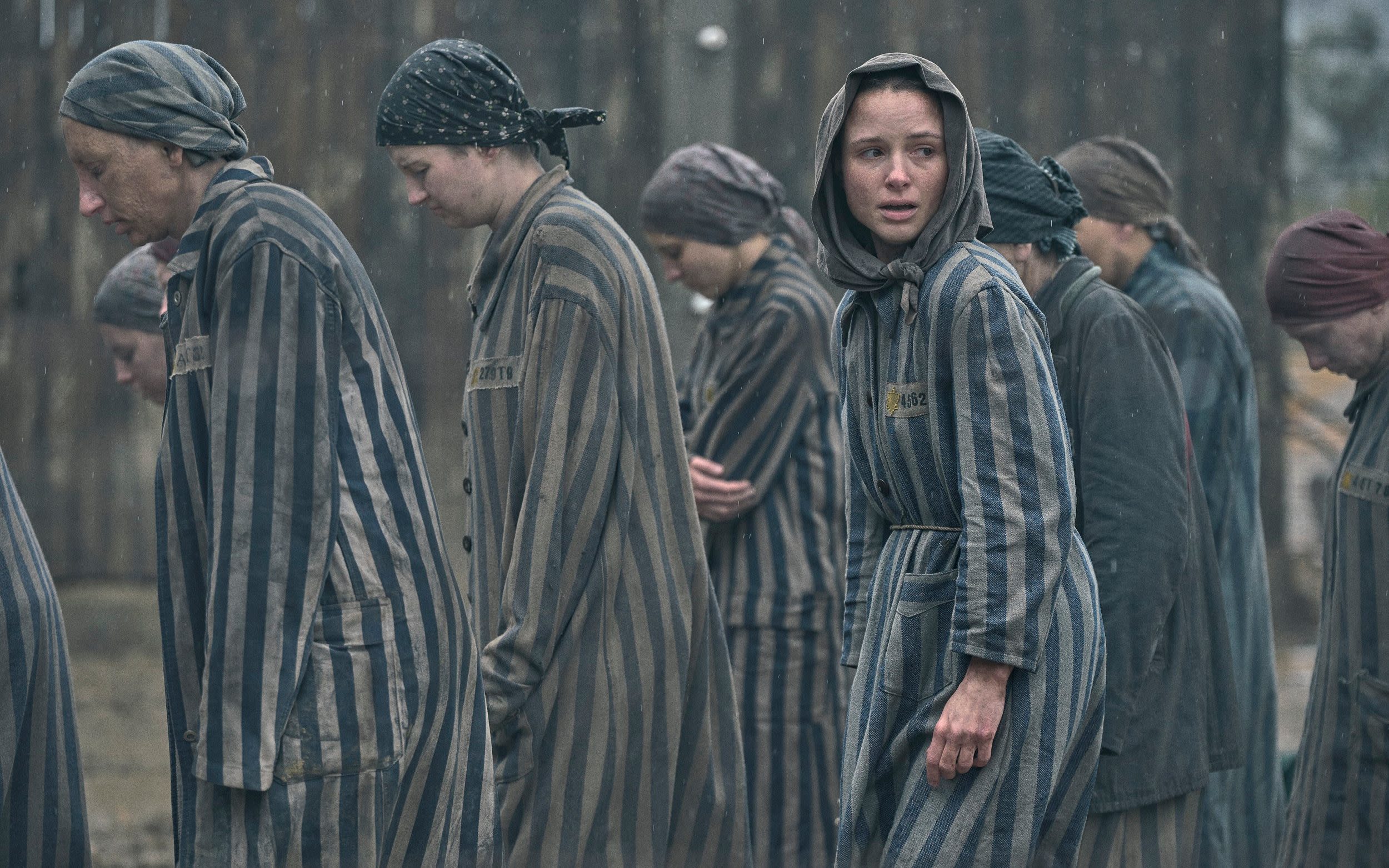Search results
News about Auschwitz, Pro-Palestinian protesters, memorial march
News about Lali Sokolov, Gita, season 1
Also in the news
Auschwitz concentration camp (German: Konzentrationslager Auschwitz, pronounced [kɔntsɛntʁaˈtsi̯oːnsˌlaːɡɐ ˈʔaʊʃvɪts] ⓘ; also KL Auschwitz or KZ Auschwitz) was a complex of over 40 concentration and extermination camps operated by Nazi Germany in occupied Poland (in a portion annexed into Germany in 1939) during World War II ...
KL Auschwitz was the largest of the German Nazi concentration camps and extermination centers. Over 1.1 million men, women and children lost their lives here. Visiting. The authentic Memorial consists of two parts of the former camp: Auschwitz and Birkenau.
Dec 15, 2009 · Auschwitz, also known as Auschwitz-Birkenau, opened in 1940 and was the largest of the Nazi concentration and death camps. Located in southern Poland, Auschwitz initially served as a...
Key Facts. 1. Located in German-occupied Poland, Auschwitz consisted of three camps including a killing center. The camps were opened over the course of nearly two years, 1940-1942. Auschwitz closed in January 1945 with its liberation by the Soviet army. 2. More than 1.1 million people died at Auschwitz, including nearly one million Jews.
2 days ago · Auschwitz, Nazi Germany’s largest concentration camp and extermination camp. Located near the town of Oswiecim in southern Poland, Auschwitz was actually three camps in one: a prison camp, an extermination camp, and a slave-labor camp. Between 1.1 and 1.5 million people died there; 90 percent of them were Jews.
Language English. Auschwitz Auschwitz was the largest camp established by the Germans. It was a complex of camps, including a concentration, extermination, and forced-labor camp. It was located near Cracow (Krakow), Poland. Three large camps constituted the Auschwitz camp complex: Auschwitz I, Auschwitz II (Birkenau), and Auschwitz III (Monowitz).
The history of Auschwitz is exceptionally complex. It combined two functions: a concentration camp and an extermination center. Nazi Germany persecuted various groups of people there, and the camp complex continually expanded and transformed itself.
